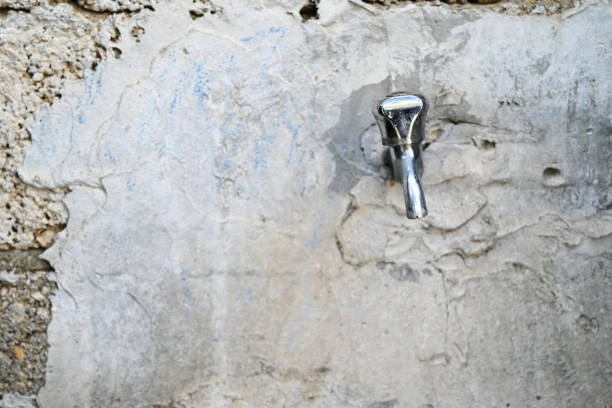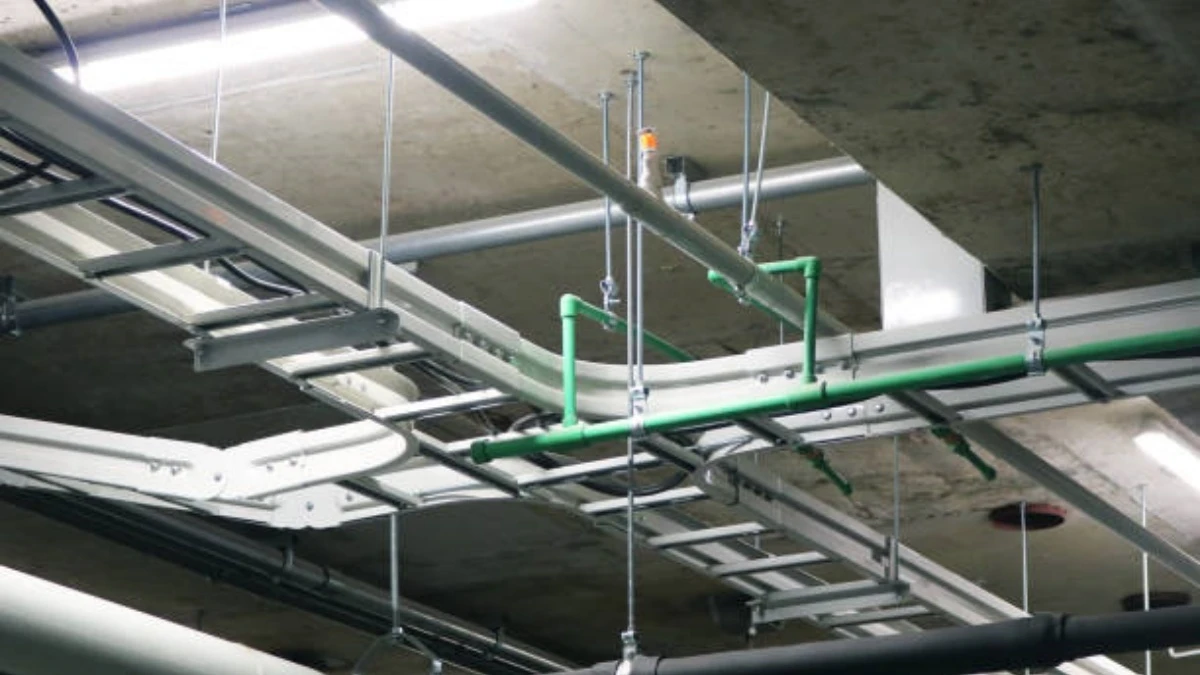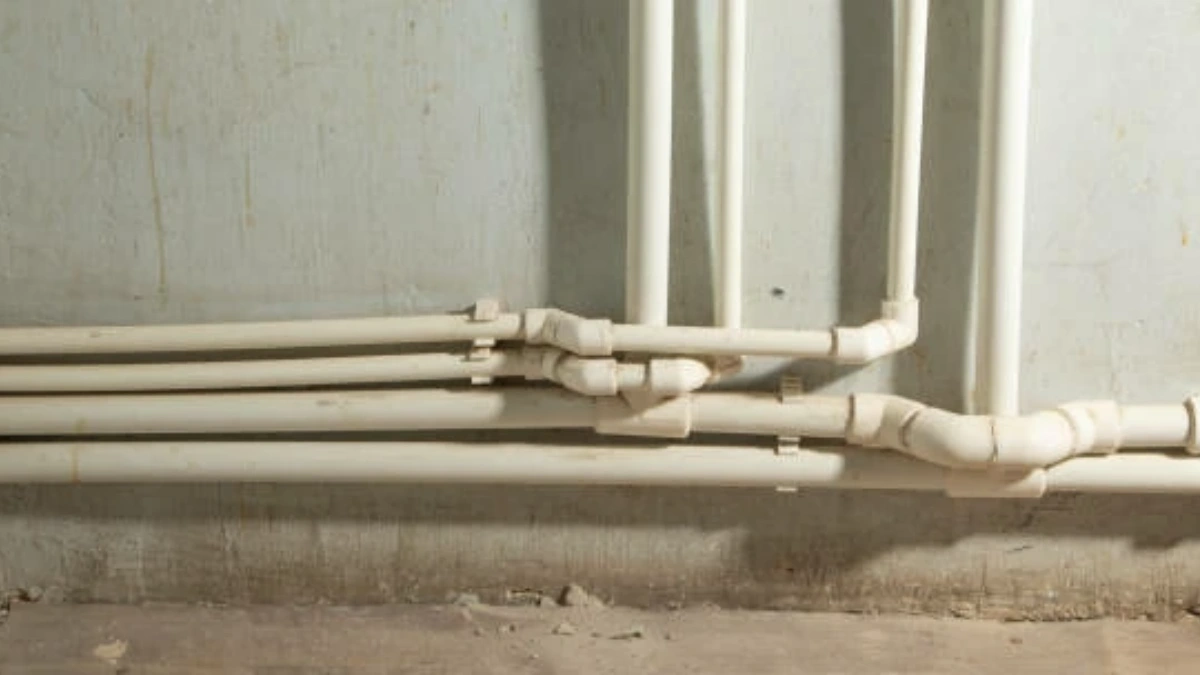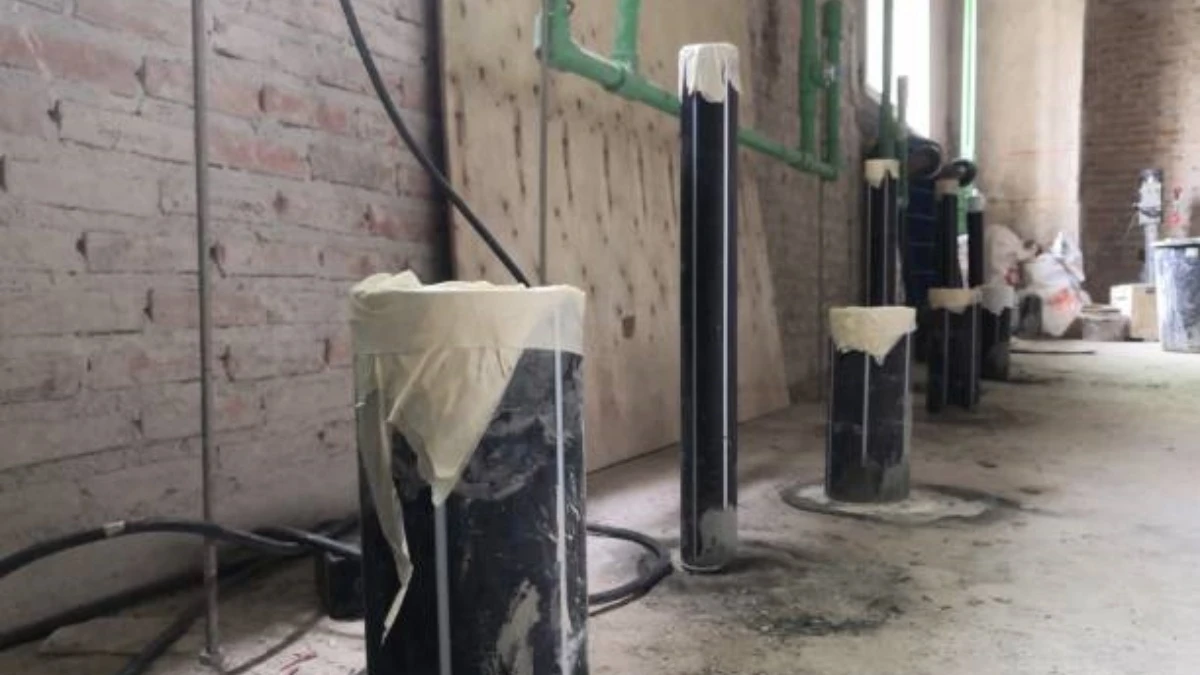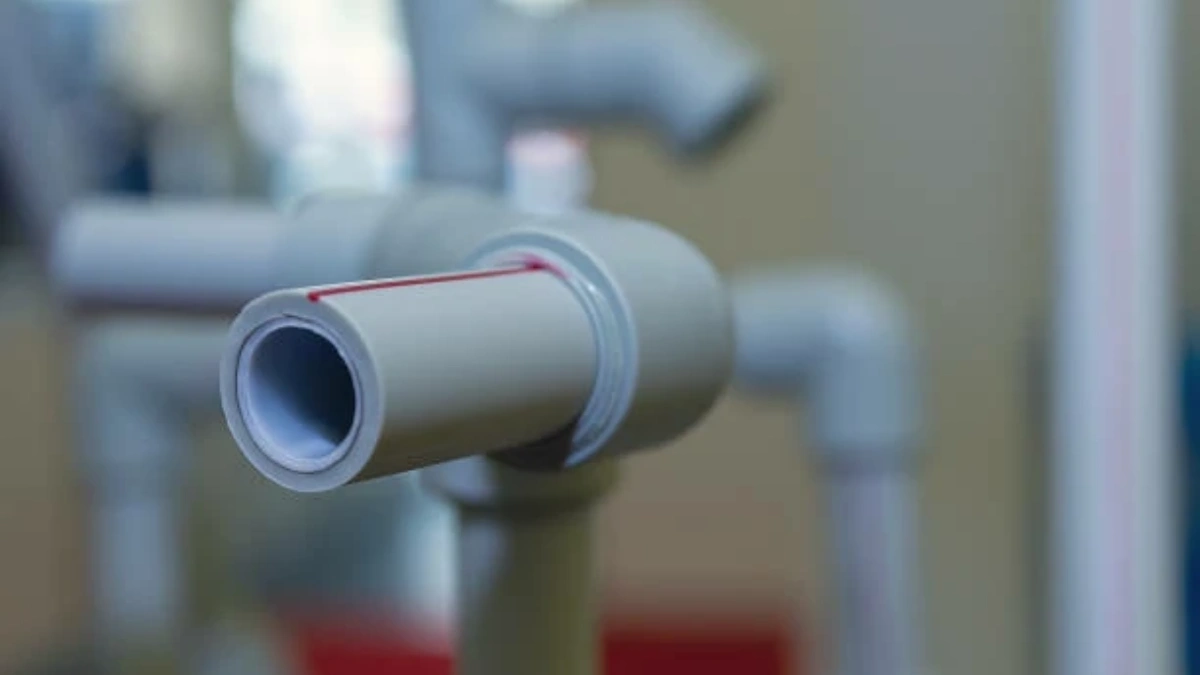The global severe service valves market is experiencing substantial growth, driven primarily by the increasing demand for energy and the expansion of industrial sectors worldwide. As industries push the limits of high-pressure, high-temperature, and corrosive environments, severe service valves are becoming indispensable in managing these harsh conditions.
This article explores the factors driving the growth of the severe service valves market, the key applications of these valves, and the technological innovations that are enhancing their performance.
What Are Severe Service Valves?
Severe service valves are designed to withstand extreme operating conditions, such as high pressure, temperature, and corrosive environments. They are essential for industries that operate under demanding conditions where conventional valves would fail. Severe service valves are engineered for reliability, durability, and precision in applications that require constant flow control and resistance to wear and tear.
Key Characteristics of Severe Service Valves
- High-Pressure Tolerance: Capable of handling extreme pressures, often exceeding 1000 psi.
- Temperature Resistance: Designed to operate in temperatures ranging from -50°C to over 500°C.
- Corrosion Resistance: Made from specialized materials like stainless steel, alloy steels, and high-nickel alloys to withstand corrosive environments.
- Durability: Built to last, often with reinforced parts to endure continuous operation in challenging environments.
- Precision Control: Provides accurate flow regulation in applications requiring tight tolerances and minimal leakage.
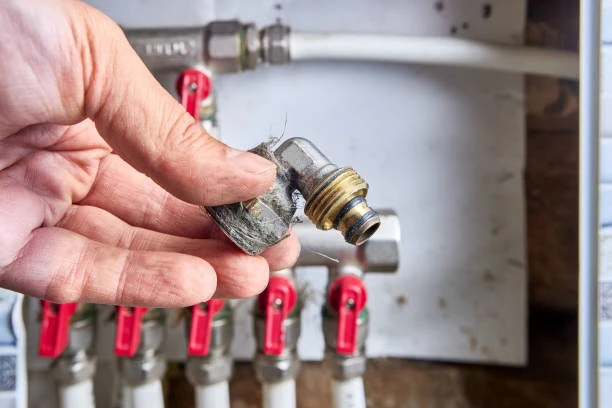
Key Drivers of Growth in the Severe Service Valves Market
1. Increasing Global Energy Demand
As the world’s population grows and industrialization accelerates, the demand for energy—particularly oil, gas, and power generation—continues to rise. This increased demand requires the use of specialized valves that can handle the high-pressure, high-temperature environments of upstream and downstream energy production.
2. Expansion of Oil and Gas Exploration
The expansion of oil and gas exploration into deeper and more challenging reserves, including offshore fields and shale gas wells, has significantly boosted the demand for severe service valves. These environments demand valves that can endure intense pressures and corrosive substances.
3. Growth in Power Generation
With the rise of both traditional and renewable energy sources, power generation plants are relying more heavily on severe service valves to ensure efficiency and safety. From geothermal plants to coal-fired power stations and nuclear facilities, severe service valves help regulate critical processes like steam and gas flow.
4. Advancements in Chemical and Petrochemical Processing
The chemical and petrochemical industries require valves that can handle aggressive chemicals, high temperatures, and extreme pressures. Severe service valves are crucial in these environments to ensure safety, reduce downtime, and maintain efficient operations.
5. Industrial Infrastructure Development
Infrastructure development, particularly in emerging economies, is driving demand for severe service valves. Industries such as mining, cement production, and food processing are expanding, all of which require robust, high-performance valves to ensure operational success.
Applications of Severe Service Valves
1. Oil and Gas Industry
Severe service valves are integral to oil and gas extraction and refining. They control the flow of hydrocarbons under extreme conditions, ensuring safe and efficient operation in drilling, production, and transportation. These valves are particularly critical in offshore platforms, subsea pipelines, and gas processing plants.
2. Power Generation
In power plants, severe service valves are used to control steam, water, and gas flow within turbines, boilers, and reactors. They help optimize energy output and ensure that equipment is protected from fluctuations in pressure or temperature.
3. Chemical and Petrochemical Processing
Severe service valves are crucial in chemical reactors, high-temperature distillation columns, and other critical systems. They handle aggressive chemicals, ensuring precise control while maintaining safety and operational efficiency.
4. Mining and Heavy Industry
Mining operations, especially those dealing with high pressures or aggressive materials, rely on severe service valve to manage gas flows and liquid materials within processing plants. These valves help maintain system integrity under harsh environmental conditions.
5. Water and Wastewater Treatment
Severe service valve are essential in managing corrosive substances and extreme temperatures in water treatment plants. They ensure consistent flow regulation and prevent system failures.
Technological Innovations Enhancing Severe Service Valves
1. Smart Valves with IoT Integration
The integration of Internet of Things (IoT) technology into severe service valve has enabled real-time monitoring and predictive maintenance. These smart valves provide valuable data that helps operators identify potential issues before they cause downtime, reducing maintenance costs and extending valve lifespan.
2. Advanced Materials and Coatings
Innovations in materials science have led to the development of advanced alloys and coatings that enhance the corrosion resistance and thermal stability of severe service valve. These materials can withstand extreme temperatures and harsh chemicals, improving valve longevity and reliability.
3. Automated and Remote-Controlled Valves
Advances in automation have led to the development of remote-controlled severe service valve. These valves can be operated and adjusted remotely, increasing safety by reducing the need for personnel in dangerous environments while providing greater control and precision.
4. High-Performance Seals and Gaskets
New developments in seal and gasket technology have improved the sealing capabilities of severe service valve. This minimizes leakage, reduces the risk of contamination, and enhances overall system efficiency.
Challenges in the Severe Service Valves Market
1. High Initial Costs
Severe service valve are typically more expensive than standard valve due to the materials and technology involved in their design and manufacturing. The high upfront cost can be a barrier for some industries, particularly smaller businesses with tight budgets.
2. Maintenance and Replacement Costs
Although severe service valve are designed to be durable, their operation in extreme conditions can lead to wear and tear. Regular maintenance and periodic replacement can be costly, particularly in large-scale industrial operations.
3. Complex Installation
Installing severe service valve often requires specialized knowledge and expertise, particularly in highly technical systems like oil rigs, power plants, or chemical facilities. Improper installation can lead to operational inefficiencies or system failures.
4. Regulatory Compliance
Severe service valve are subject to stringent regulatory standards, particularly in industries like oil and gas, power generation, and chemicals. Compliance with these regulations can be a challenge for manufacturers, especially in the face of evolving environmental and safety standards.
Future Outlook
The global severe service valve market is expected to continue its growth trajectory, with increasing investments in energy infrastructure, the demand for cleaner energy sources, and advancements in manufacturing technologies. As industries evolve to meet stricter environmental and operational standards, the need for high-performance, durable, and efficient valves will only grow.
Additionally, the rise of smart valve technologies, combined with ongoing innovations in materials and coatings, will enhance the performance and reliability of severe service valve. These innovations will contribute to a more sustainable and efficient industrial landscape in the coming years.
Conclusion
The severe service valve market is expanding rapidly, driven by the increasing global demand for energy and the need for robust systems that can operate under extreme conditions. With applications across industries such as oil and gas, power generation, chemical processing, and heavy industries, severe service valve play a critical role in ensuring safety, efficiency, and environmental compliance.
As technological advancements continue to improve the performance and durability of these valves, industries will be able to meet the growing demands for energy and infrastructure while reducing operational risks and costs.
FAQs
1. What industries use severe service valve?
Severe service valve are used in the oil and gas, power generation, chemical processing, mining, and wastewater treatment industries, among others.
2. How do severe service valve work?
Severe service valve regulate the flow of fluids or gases under extreme conditions, such as high pressure, temperature, or corrosive environments, ensuring system safety and efficiency.
3. What are the key features of severe service valve?
Key features include high-pressure tolerance, temperature resistance, corrosion resistance, durability, and precision control.
4. What challenges do severe service valve face?
Challenges include high initial costs, maintenance expenses, complex installation processes, and the need to comply with stringent regulatory standards.
5. How can severe service valve improve industrial operations?
Severe service valve enhance efficiency, reduce downtime, ensure safety, and minimize environmental risks by offering precise flow control in demanding environments.
